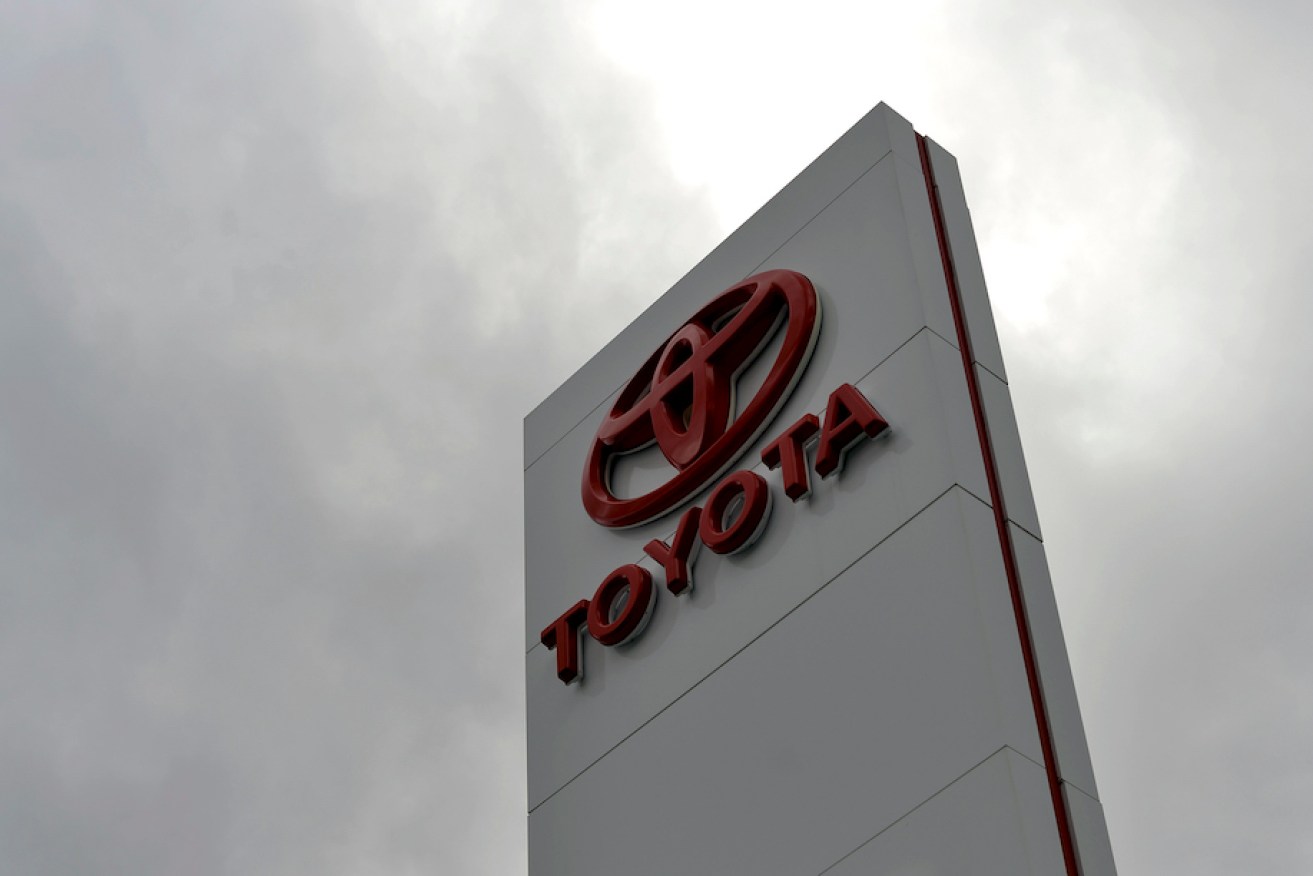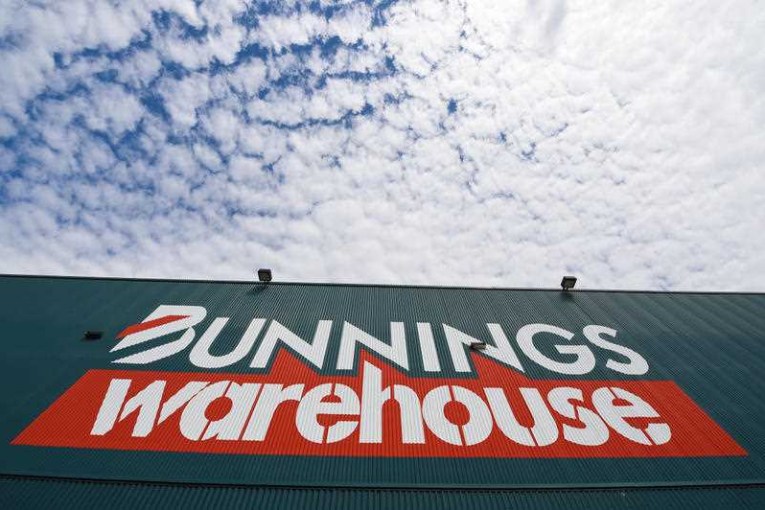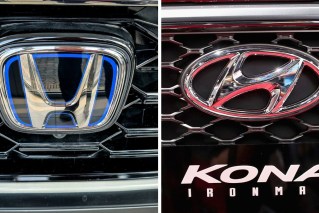Toyota accused of greenwashing in Greenpeace complaint to ACCC


A futuristic electric sports car and SUV will be unveiled by Toyota next week in a move that could signal a change for the brand. Photo: Getty
The nation’s leading car maker, Toyota Australia, has been accused of greenwashing in a fresh complaint lodged with the Australian Competition and Consumer Commission (ACCC), days after a bombshell review from the regulator.
A recent review from the ACCC found 57 per cent of 247 companies that were reviewed had “made concerning claims about their environmental credentials”.
The ACCC has not revealed what companies may be greenwashing, though the regulator did say the cosmetic, clothing and footwear and food and drink sectors had “the highest proportion of concerning claims”.
Days after the ACCC’s announcement, Greenpeace lodged a complaint against Toyota, asking the regulator to investigate if claims made by the car manufacturer were misleading or deceptive.
“Toyota Motor Corporation makes claims in its advertising that give the false impression the company is leading the transition to clean cars, but the truth is Toyota is not leading the transition but is acting globally to block the take-up of electric vehicles,” Lindsay Soutar, director of Greenpeace Australia-Pacific’s electrify campaign, said.
“All companies have a duty to tell the truth about their products. That standard must apply especially to a company like Toyota, which is Australia’s largest and until now most-trusted car maker.
“There needs to be a level playing field so that consumers can make informed choices about how to use their purchases to protect the environment.”
Huge fine possible
Toyota could face up to $50 million in fines, AAP reported.
The complaint alleges Toyota’s plans to reach net-zero by 2050 are “misleading”, that the company has no plans to achieve it and has few validated emission-reduction targets.
The complaint also alleged Toyota’s Mirai hydrogen vehicles should not be classed as “low emission vehicles and the hybrid cars were not “self-charging” as Toyota claimed, but petrol-powered.
In a statement to The New Daily, Toyota Australia refuted Greenpeace’s claims.
“Toyota Australia has a long track record in helping customers reduce their vehicle emissions, including through the supply of over 315,000 hybrid-electric vehicles and investment in reduced tailpipe emissions vehicles and carbon neutral technologies,” the spokesperson said.
“We are committed to achieving a sustainable future and reject any claims to the contrary.”
Tweet from @GreenpeaceAP
What is greenwashing?
Greenwashing is a tactic used to make a product or company seem more environmentally friendly than they actually are.
“It’s a cynical and widespread practice,” Greenpeace Australia Pacific’s general counsel, Brooke Dellanova told The New Daily before Greenpeace lodged the complaint.
Greenpeace was very pleased the regulator was stepping up and sending a clear message that greenwashing was not OK, she said.
“It’s [greenwashing] a real problem because it stops people from being able to use their purchasing power to make decisions with a positive outcome.”
Consumer advocacy group CHOICE said ACCC’s review and ASIC’s recent action against Mercer Superannuation for making false claims about sustainability were putting businesses “on notice”.
“Businesses that make false claims about the sustainability of their products are the worst of the worst,” Alan Kirkland, chief executive officer of CHOICE, said.
Case study
Dr Anna Hartman, a lecturer in marketing at ANU College of Business and Economics, said it would be interesting to use the brands the ACCC had identified as making concerning claims as a case study in her classroom.
Perhaps there would be a shallow or vague tagline on the packaging about sustainability, or there would be an issue with the claims that consumers don’t think too hard about.
Back when she lived in the US, Dr Hartman worked in the tea industry, and one tea company decided to launch a campaign promoting their new biodegradable tea bags.

Greenwashing is not a new concept. Photo: Getty
Tea bags are generally made out of materials that are biodegradable and at the time, this was the norm, but this company really pushed this idea that their new cornstarch bags were great for the environment.
The problem was the cornstarch came from genetically modified corn, she said.
“So you tell me it’s compostable? But wait, I’m just supporting the commercial corn industry which is not sustainable, especially if it’s genetically modified.”
People power
Greenwashing can be blatant, like a company making claims it cannot substantiate to position itself as a business that cares for the environment.
“Consumers have enormous power to influence environmental outcomes by making good choices,” Ms Dellanova said.
“But they can’t do that unless they’ve got accurate information about what good choices look like.”
Dr Hartman believes more education is needed, however, she acknowledges this isn’t accessible to everyone.
Ms Dellanova said consumers should not be expected to “interrogate” all claims made by companies in an effort to aid the environment.
Her hope is that regulators not only investigate misleading claims, but actually take companies to court, get findings and impose penalties.
– with AAP








